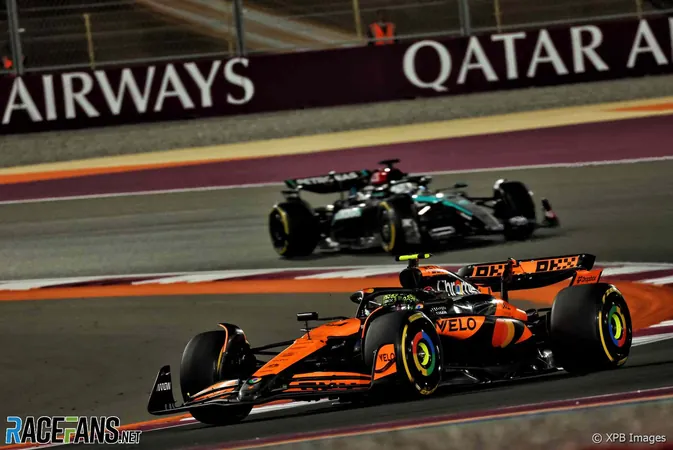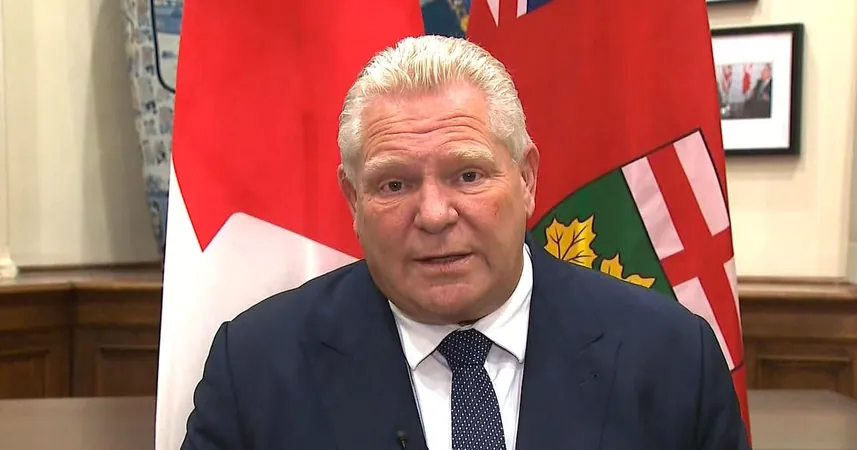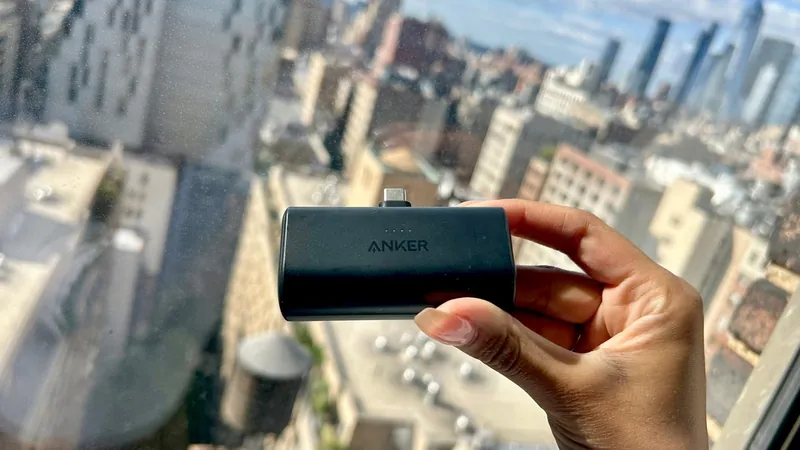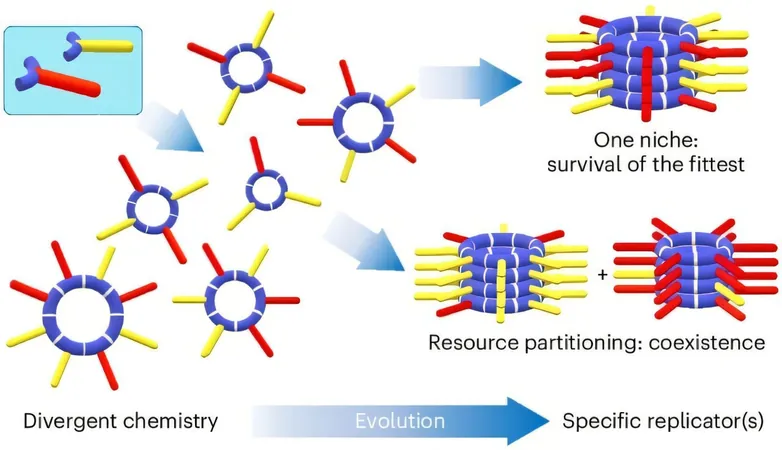
McLaren's Fury: Lando Norris' 10-Second Stop-Go Penalty Sparks Controversy at Qatar GP
2024-12-02
Author: Emma
McLaren has voiced strong discontent over Lando Norris' 10-second stop-go penalty for not reducing speed during double waved yellow flags at the recent Qatar Grand Prix. This sanction, one of the harshest penalties available, came about after an incident occurred on lap 30, raising eyebrows among fans and teams alike.
Team principal Andrea Stella criticized the penalty, arguing it lacked fairness and proportionality. "In the application of the penalty, I think we have lost any sense of proportion and any sense of specificity," he expressed in an interview following the race. The frustration stemmed from Norris being penalized for failing to slow down for yellow flags that were retracted shortly after being displayed, even though the debris— the reason for the flags— remained on the start/finish straight.
Stella called for a more nuanced approach, emphasizing that the severity of the penalty should reflect the actual danger presented at the time. "Can we look specifically at the infringement, the level of danger associated with the situation...and then judge it, rather than just pulling out a dusty rule book?" he questioned, urging the FIA to reevaluate their enforcement of penalties.
Interestingly, Norris’ punishment aligns with a rare precedent in Formula 1. Over the past 14 seasons, there have been only three recorded instances of drivers receiving a stop-go penalty for ignoring double waved yellow flags. Notable examples include: - Kimi Raikkonen at the 2017 Belgian Grand Prix - Nikita Mazepin and Nicholas Latifi at the 2021 Austrian Grand Prix
In all such cases, the drivers also received three penalty points on their licenses, similar to Norris. Typically, incidents involving yellow flags lead to less severe penalties, such as five-place grid drops, a fate that befell Max Verstappen during this very race in 2021.
While McLaren remains aggrieved, Norris took a more accepting view of his own penalty. He referred to the decision as "fair," showcasing the complex landscape of driver conduct and race regulations in Formula 1.
As the dust settles from this incident, it has opened up broader discussions about the consistency of race officiating and the implications of penalties in a sport where split-second decisions can make or break a race outcome. With the 2024 Qatar Grand Prix just around the corner, teams and drivers will be monitoring these disciplinary measures closely to gauge their impact on the championship dynamics.
Could this controversy shake up McLaren's strategy going forward? Only time will tell, but one thing is for sure: the racing world will be watching closely.









 Brasil (PT)
Brasil (PT)
 Canada (EN)
Canada (EN)
 Chile (ES)
Chile (ES)
 España (ES)
España (ES)
 France (FR)
France (FR)
 Hong Kong (EN)
Hong Kong (EN)
 Italia (IT)
Italia (IT)
 日本 (JA)
日本 (JA)
 Magyarország (HU)
Magyarország (HU)
 Norge (NO)
Norge (NO)
 Polska (PL)
Polska (PL)
 Schweiz (DE)
Schweiz (DE)
 Singapore (EN)
Singapore (EN)
 Sverige (SV)
Sverige (SV)
 Suomi (FI)
Suomi (FI)
 Türkiye (TR)
Türkiye (TR)